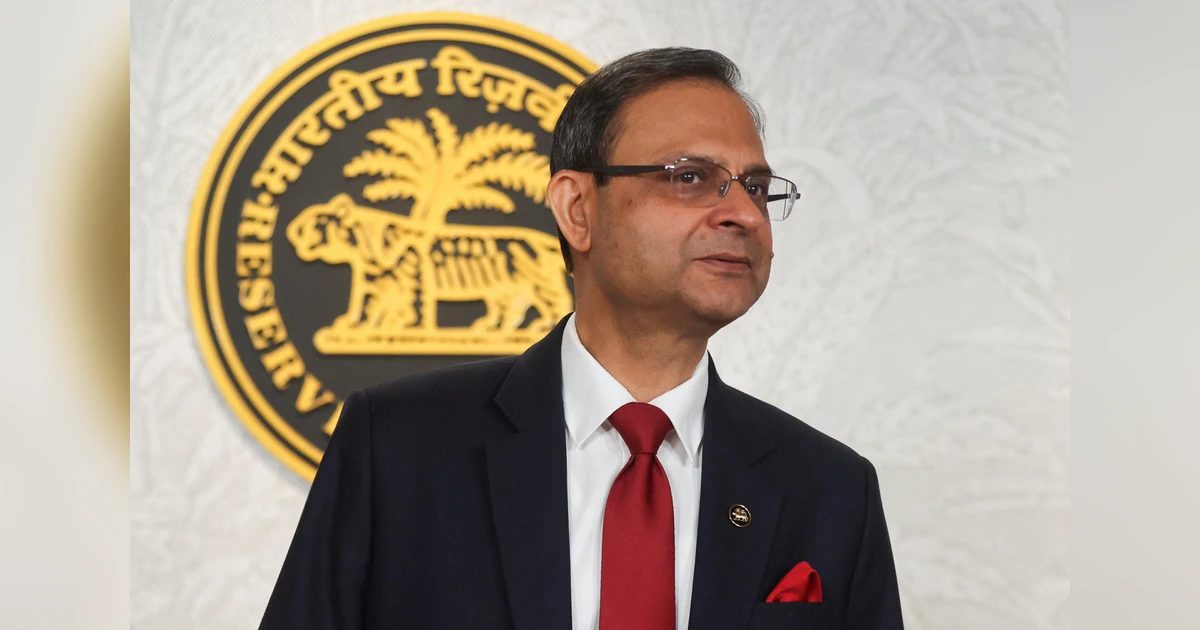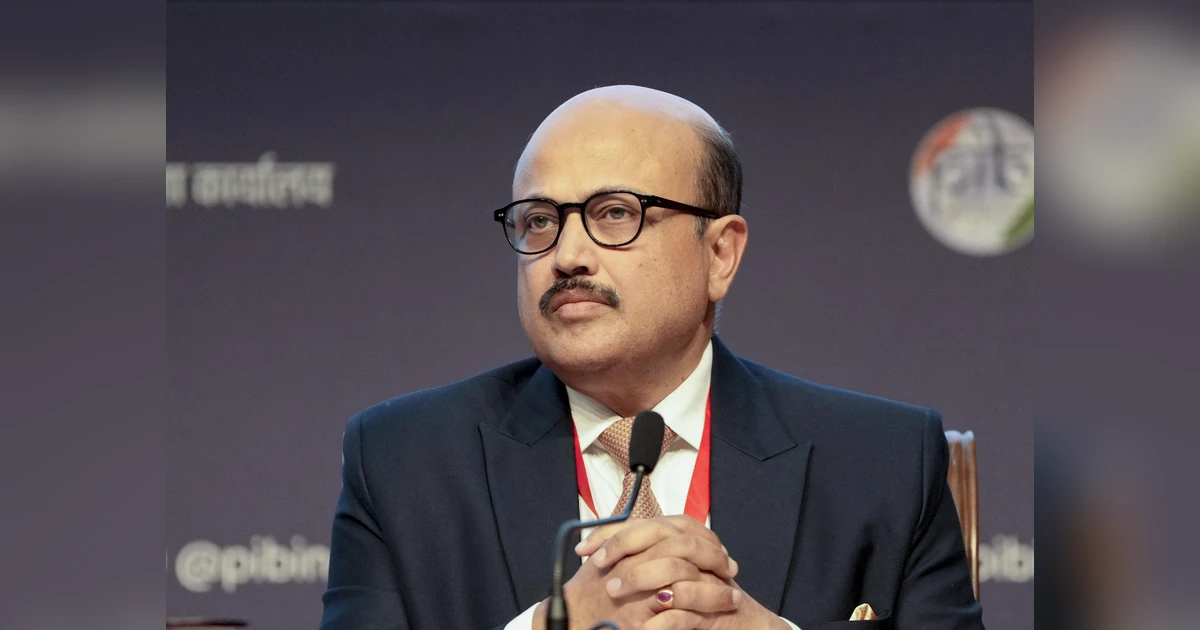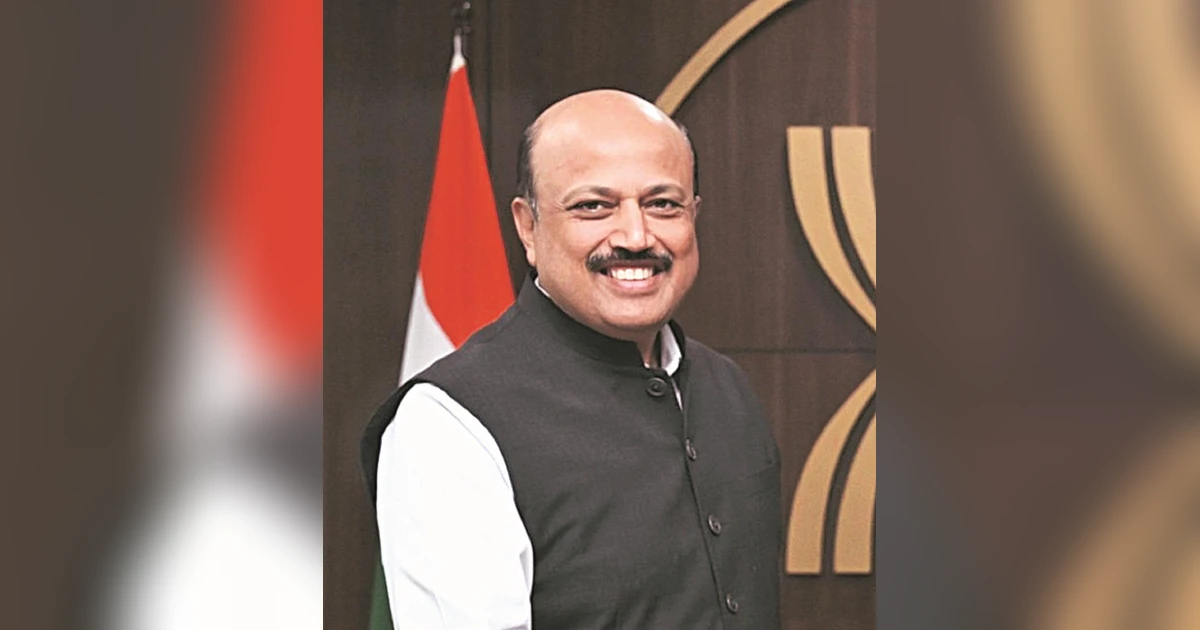As the domestic consumption of fuel rises, the government is reassessing India’s future oil needs. According to a report in The Economic Times (ET), the oil ministry has been asked by the government to prepare a report on the country’s future fuel demand and refining capacity needs.
The expectation that oil demand would fall and give way to alternatives has not played out well. Thus, the demand is expected to rise in the years to come, the report added. In the four months of the current year, till July, the petrol and diesel demands have grown 23.4 per cent and 17.5 per cent, respectively.
According to the International Energy Agency, the global demand for fuel is expected to rise above the pre-pandemic levels in 2023.
Also Read | India’s oil demand to rise by 7.7% in 2022, fastest growing in world: OPEC
In India, the demand for petrol is 11 per cent higher than the pre-pandemic level. For diesel, the demand is only 2 per cent lower than the pre-pandemic level. India is a net exporter of fuel, but rising demand has pushed up imports.
The report quoted an official as saying that the country did not face any fuel shortage even when the supply was restricted and fuel prices high because of the state control of the refineries. However, the current capacity of 251 million tonnes per annum is not enough to meet the demand in future.
In a report in 2018, the government projected the refining capacity in India to rise to 259 million tonnes in 2020 and to 415 million tonnes in 2025.
Two refineries in Barmer were delayed due to the Covid-19 pandemic. The official further added that there was a need to increase the refining capacity in the eastern part of India. The country currently has the fourth-largest refining capacity in the world behind the US, China and Russia.
 Dear Reader,
Dear Reader,
Business Standard has always strived hard to provide up-to-date information and commentary on developments that are of interest to you and have wider political and economic implications for the country and the world. Your encouragement and constant feedback on how to improve our offering have only made our resolve and commitment to these ideals stronger. Even during these difficult times arising out of Covid-19, we continue to remain committed to keeping you informed and updated with credible news, authoritative views and incisive commentary on topical issues of relevance.
We, however, have a request.
As we battle the economic impact of the pandemic, we need your support even more, so that we can continue to offer you more quality content. Our subscription model has seen an encouraging response from many of you, who have subscribed to our online content. More subscription to our online content can only help us achieve the goals of offering you even better and more relevant content. We believe in free, fair and credible journalism. Your support through more subscriptions can help us practise the journalism to which we are committed.
Support quality journalism and subscribe to Business Standard.
Digital Editor


 Dear Reader,
Dear Reader,

